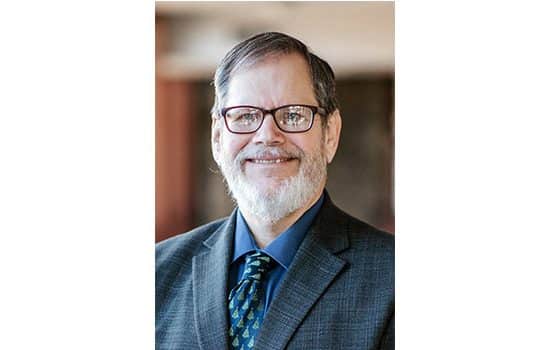Churches throughout the U.S. are dealing with transition. Much of this transition is due to phenomenon unique to the 20th and 21st centuries. In general, fewer people attend church, and those that do attend are generally older. When younger generations of people attend, they typically only attend half as often as everyone else, and they want their relationships to intersect with multiple other aspects of their lives, not just within the walls of a church building.
 Terrell CarterTransition is not new for God’s children. One of the themes of the Old Testament book of Joshua is transition. One of the questions the characters from the book of Joshua faced was, would they remain faithful to God amid that transition?
Terrell CarterTransition is not new for God’s children. One of the themes of the Old Testament book of Joshua is transition. One of the questions the characters from the book of Joshua faced was, would they remain faithful to God amid that transition?
The book opens with the death of Moses, God’s handpicked leader of the people. Moses had been the voice of God and the embodiment of God’s power before the people for years. Can you think of a greater transition for God’s people than to lose their leader? But, God had not left the people leaderless. Joshua, Moses’s former assistant who was capable in his own right, had been promoted to replace his mentor.
Joshua 1 tells us of God’s conversation with Joshua as he prepares to take the reins of leadership. In that conversation, God intentionally pushes back against any fears that Joshua and the people may have had about this transition by saying, “I know what your reality is. But I am with you. I have made multiple promises to you in the past, and I will still fulfill them. I am with you. I will not forsake you or leave you. I am with you. What you need to do is trust me. Do what you know you need to do. Follow my word, obey my commandments. Live like you are my child and everything will be alright. Don’t be afraid because I will never leave you.”
God’s words to Joshua are to set the dynamic up front that they can trust God, no matter what things may look like.
Their journey to inhabit a new land was not just about moving to a new zip code. It was about moving to a place, both mentally and spiritually, where they could more fully focus on God unfettered by others who would try to draw their attention away from God. It was about moving to a place where they could gain a better understanding of who God was and what that should mean for life.
I think that at its core, Joshua is not only about occupying the Promised Land. Land may have been the end product, but much more than that, the book is about understanding who God is and how that understanding should cause God’s people to develop an unconditional trust in God. That trust, not the land or another end product, should be the focus of anyone’s journey.
The Promised Land represents an abiding relationship that God offers to us. God wants to be in relationship with us and, in turn, we should want to be in relationship with God. When that relationship is the focus of our worship and daily practice, everything else falls into place.
Please understand that I am not saying that life will be perfect. What I am saying is that when life throws us curveballs, and we face the temptation to look around at everyone else but God for answers or help in making it through the transition, we can still hear God whispering to us “I know what your reality is. But I am with you. I have made multiple promises to you in the past, and I will still fulfill them. I am with you. I will not forsake you or leave you. I am with you. What you need to do is trust me. Do what you know you need to do. Follow my word, obey my commandments. Live like you are my child and everything will be alright. Don’t be afraid because I will never leave you.”
God, who is already aware of whatever transition it is that we are experiencing, can bring us through even the darkest and most uncertain times. For that, we can be thankful.
Terrell Carter is assistant professor and director of contextualized learning at Central Baptist Theological Seminary in Shawnee, Kan., and pastor of Webster Groves Baptist Church in Mo.



